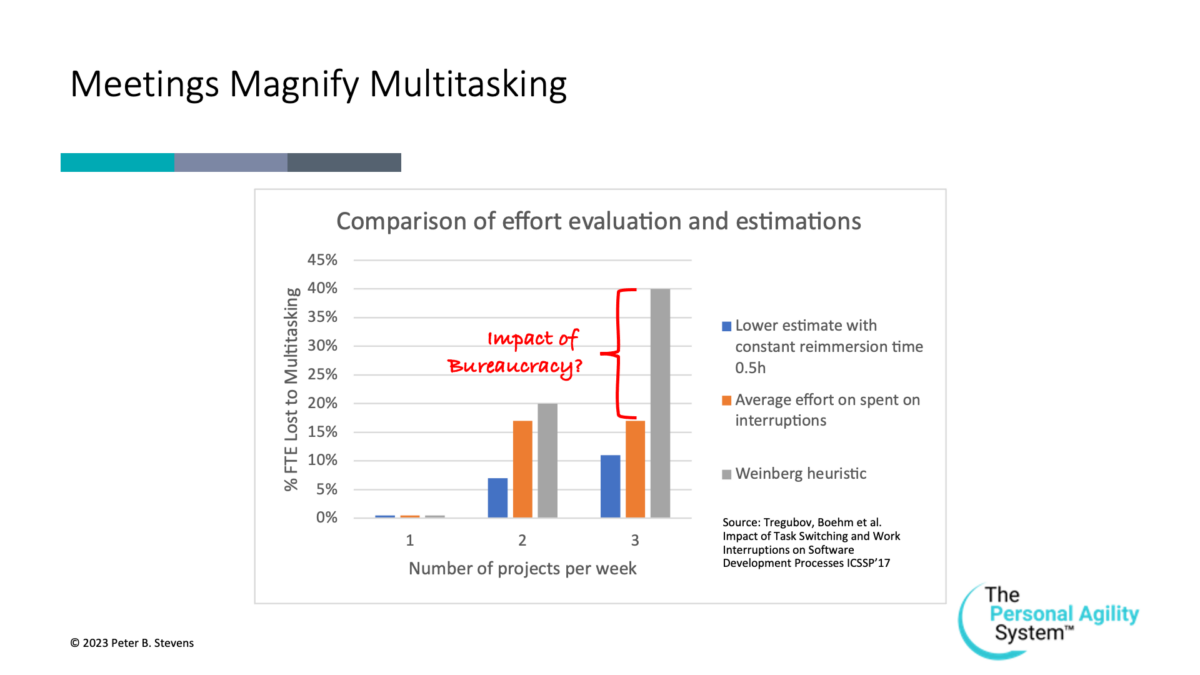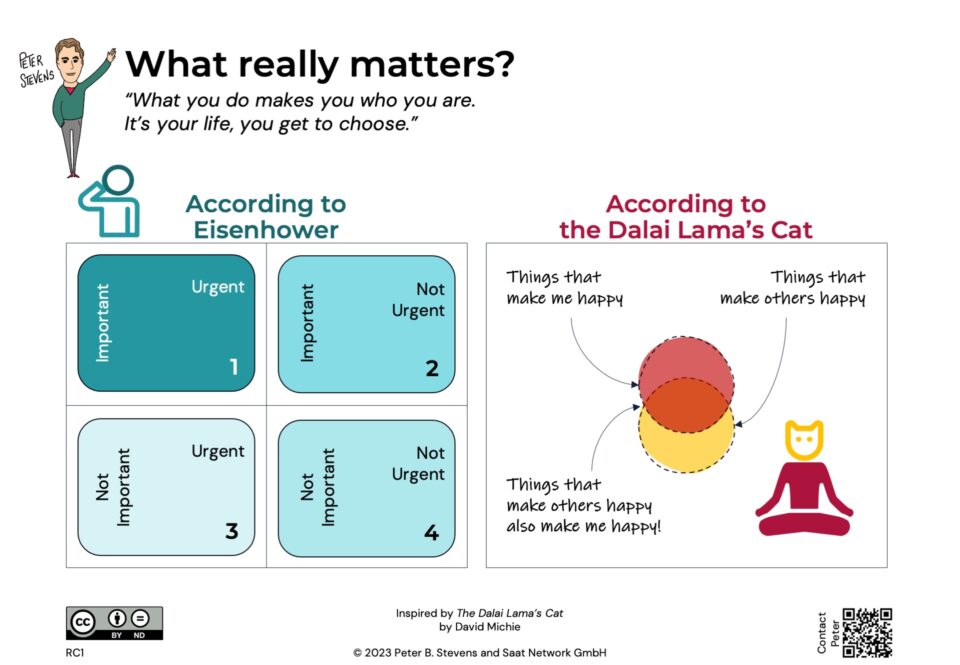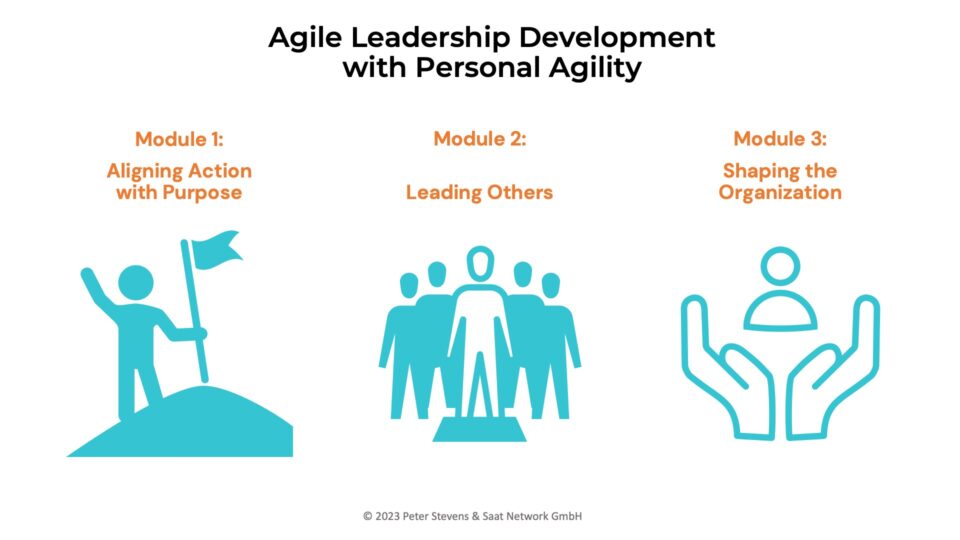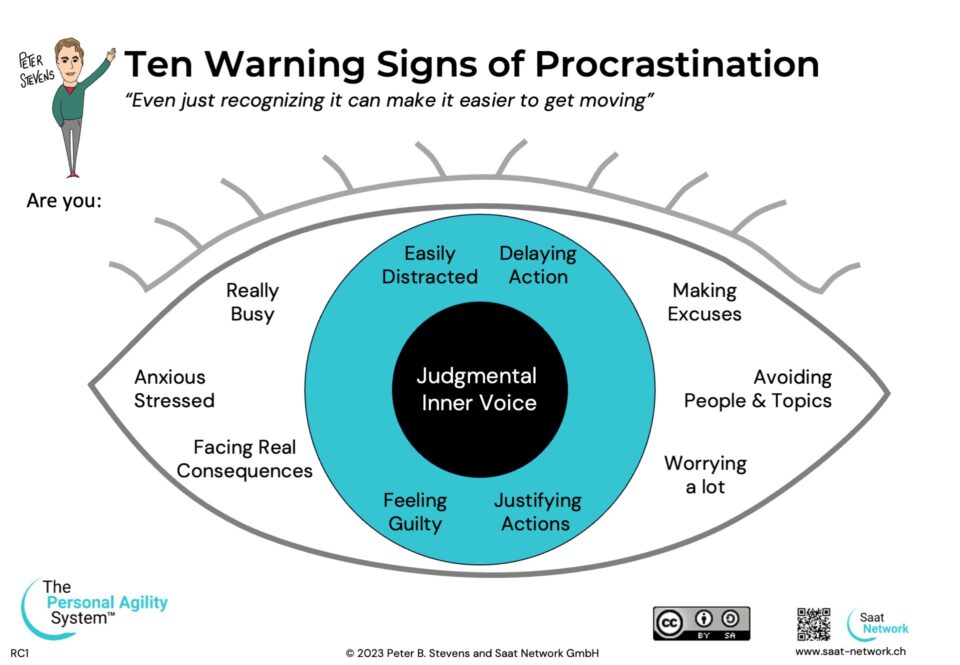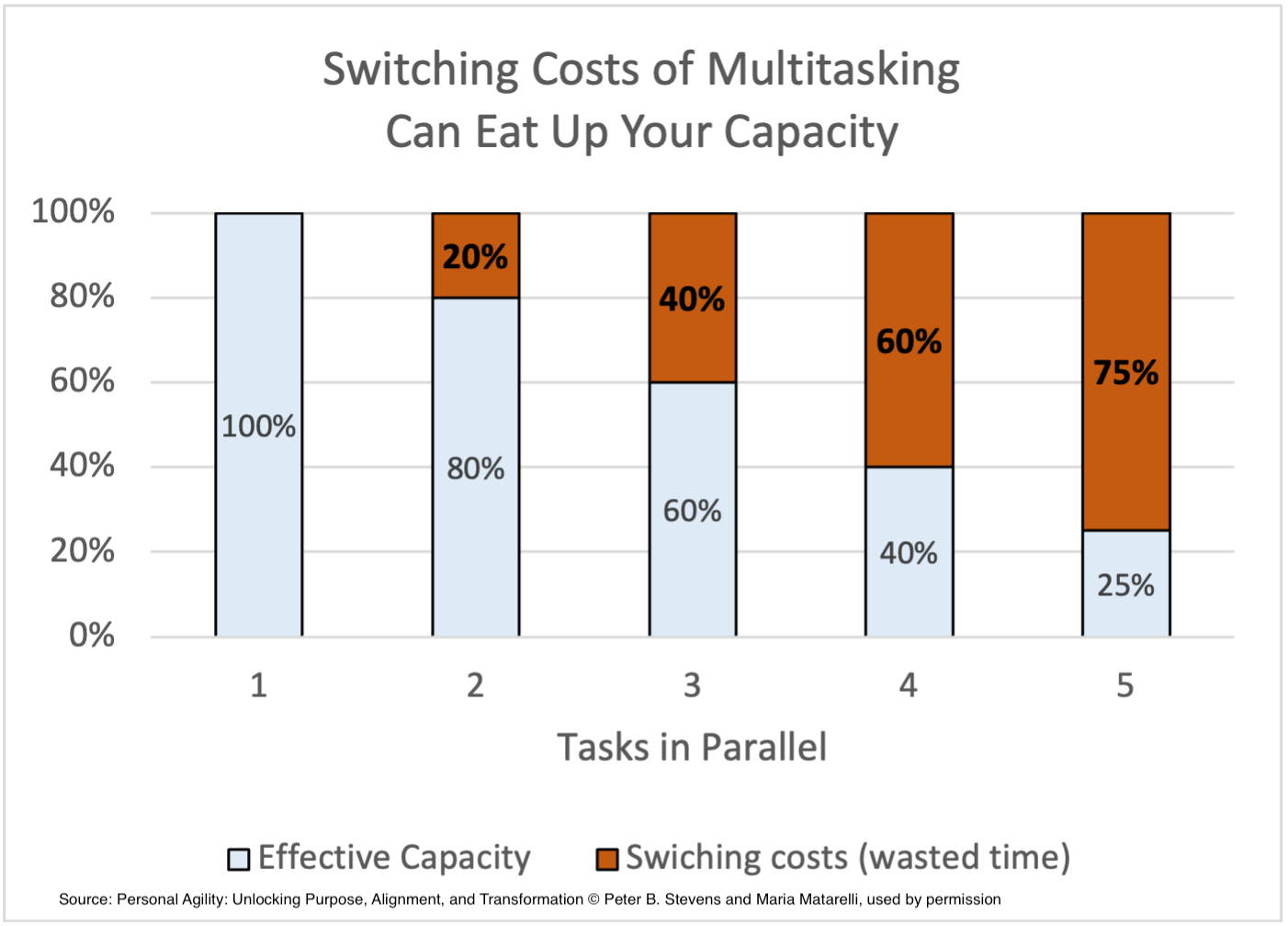
3 Tips to Beat Multitasking
13-03-2023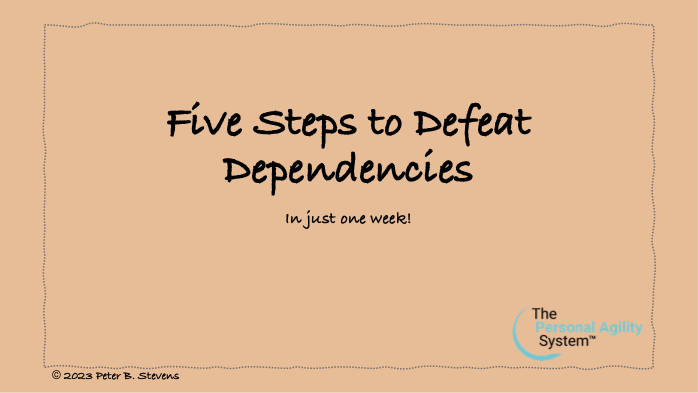
Five Steps to Defeat Dependencies
21-03-2023I believe Bureaucracy is the missing waste. Switching costs are not enough to explain the productivity losses due to multitasking, but bureaucracy could. Here is why.
Gerry Weinberg’s rule of thumb has been quoted so many times that people treat it as if it were true: “For every additional task in parallel, deduct 20% of your total capacity to the costs of multitasking.” But is it true? Do we really lose so much capacity to multitasking?
Alexey Tregubov, Barry Boehm, Natalia Rodchenko and Jo Ann Lane set out to answer this question. In their paper, Impact of Task Switching and Work Interruptions on Software Development Processes, they found that switching costs account for significant productivity losses when working on two projects at a time. It also appears that Weinberg’s rule is be too pessimistic.
Strangely, increased switching costs did not lead to higher losses when working on three projects in parallel. And Weinberg’s rule is much more pessimistic.
Is Weinberg’s rule debunked? I don’t think so. Many people believe it’s a good reflection of reality. I agree, and here’s why.
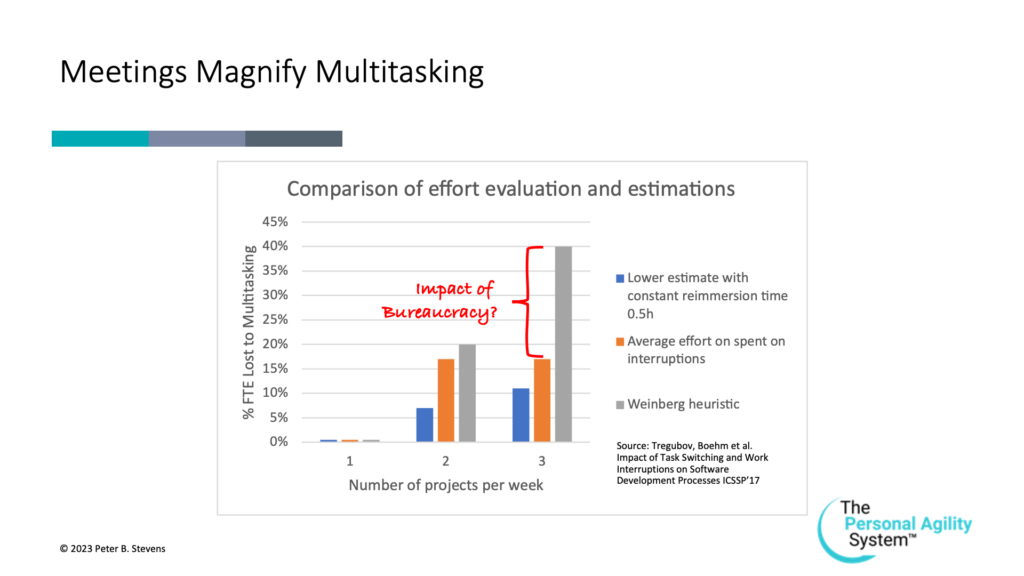
A more likely explanation is that switching costs are part of the problem, but not all of the problem, or even the dominant part of the problem, especially at higher levels of multitasking.
The subjects in this study were “graduate students in software engineering educational environment. To limit the impact of deadlines in other classes, students in the selected sample were enrolled in the same classes (e.g. students who took 3 classes were all enrolled in software engineering class, algorithms class and AI class).”
How are these students different from contributors working in a commercial environment? They were chosen to have minimal conflicting priorities. Meetings were only mentioned twice in the paper, and both cases were for architectural review. They have no managers or stakeholders with control over their priorities and their time and who can change priorities on whim.
In short, these graduate students were confronted with little or no bureaucracy, whereas commercial developers often are. In an era where knowledge workers report losing an average 18 hours per week to meetings, and managers report losing even more, this seems like a significant blind spot.
I don’t think this “proves” Weinberg’s rule of thumb. There is a potentially large, unaccounted factor in the equation, which is the impact of deciding what to do, especially in a organizational context, where the bureaucracy can have a big impact on how people use their time.
Bureaucracy is not one of the seven wastes of Lean, as Andrew Holm pointed out to me. But it looks like it ought to be, at least for knowledge work.

